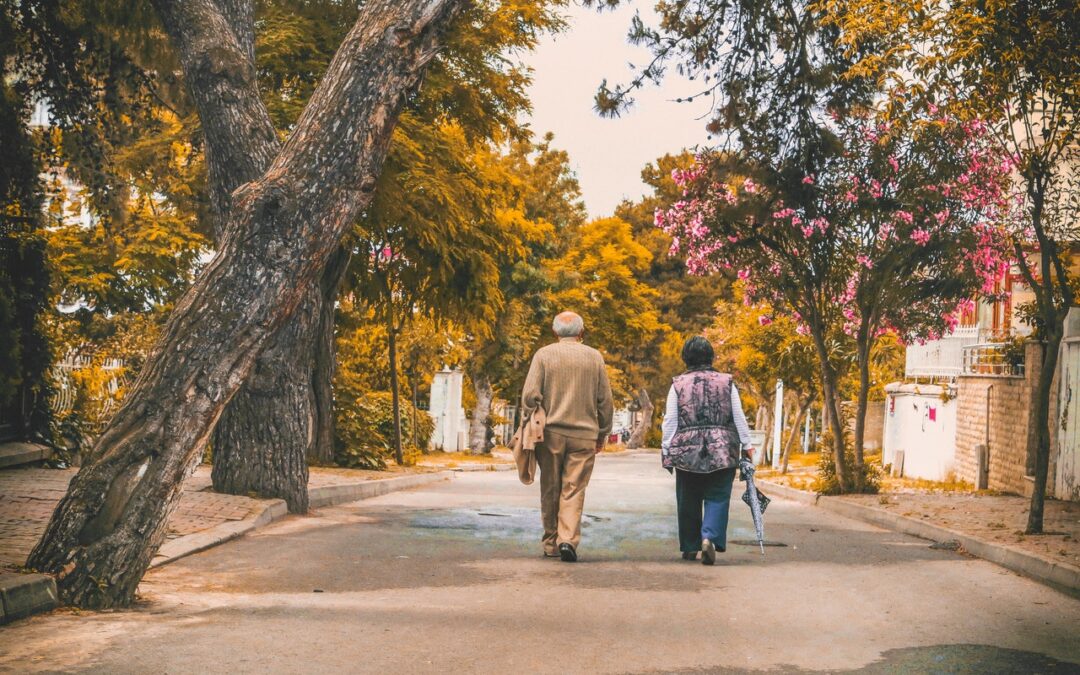Proteins are the basic building blocks of muscle, and you’ve probably known since elementary school that you need to eat protein to be strong. One of the biggest (and most easily correctable) nutrient deficiencies we suffer from as we age, is not keeping up with adequate dietary protein intake. A recent study suggested that up to HALF of older adults are not getting enough protein in their diet. This is a huge health problem in society. I am going to use as an arbitrary age of 65 here for the purposes of this article. As people age, muscle mass is naturally lost—this not only has an effect on reduced overall bodily strength, but also increases the risk of many other adverse consequences such as falls.
How much protein is needed for the elderly population? Different authorities will have different recommendations. I have seen some targets as high as 1.2 grams/kg of body weight a day. My own recommendation is to try to get as close to 1 gram/kg per day (assuming you have no underlying health condition that makes you unable to clear protein). Therefore if you weigh 65 kg (145 pounds), you should be aiming for 65 grams a day. This may seem very high, and most people will struggle to meet this—but it’s a good target to keep in mind, to at least attempt to get close to.
When our elderly hospitalized patients have blood tests, we are frequently surprised by how low their protein and albumin levels are—taking them technically into a “malnourished” category. We usually give them a protein drink supplement 2 or 3 times a day while in hospital (like Ensure). Unfortunately most of the time, this is not continued upon discharge.
What natural food protein sources are best? I always recommend the healthier options, spread out throughout the day. Plant proteins like lentils and beans are excellent. If you eat meat, go for white meats like fish and chicken. Good old eggs will give you about 6 grams a pop. And low-fat and low-sugar dairy—many milk drinks and yoghurts specifically market as being high in protein—can be a quick snack giving you 15-20 grams in one serving. A final excellent idea is a home-made fruit and vegetable smoothie—with a scoop of protein powder added to it (although don’t overdo the protein powder, versus natural foods).
Failing to get enough protein can be devastating to older adults, and is an easy fix. We’ll save the muscle strengthening through exercise discussion, for another article—but for now focus on protein intake to keep up your strength and the battle against age-related muscle loss.
I therefore have 2 messages:
- For the general public: If you, or your family member; parent or grandparent, are in the over-65 category—it’s highly likely they are not getting enough protein. Give them a gentle nudge on keeping up their daily intake by eating healthy protein food sources.
- For doctors and other medical professionals: Regularly encourage your older patients to keep this up. We are what we eat, and Food is Medicine. That is just as important in the elderly, as it is in the younger population.
 Suneel Dhand is a physician, writer, and YouTuber. He is Founder at MedStoic Lifestyle Medicine and DocsDox . Follow him on YouTube and Instagram
Suneel Dhand is a physician, writer, and YouTuber. He is Founder at MedStoic Lifestyle Medicine and DocsDox . Follow him on YouTube and Instagram


Agree 100%. Hard to keep up the high protein but it’s worth the effort. Thanks so much for the reminders.